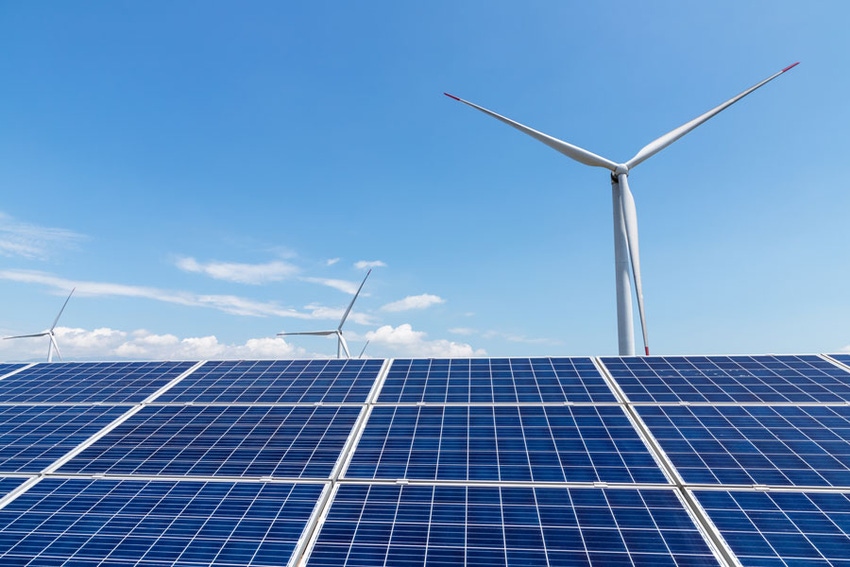AI For The Environment Could Reduce Emissions, Boost Global GDP By $5 Trillion, Create 38m Jobs
April 17, 2019

LONDON - Deploying AI in four industry sectors to improve management of the environment could reduce carbon emissions, boost global GDP by USD $5tr, and create 38 million jobs globally, a startling new report by PwC and Microsoft has claimed.
The report, entitled How AI can enable a sustainable future, tackles the potential deployment opportunities for AI in agriculture, transport, energy and water to reduce emissions and stimulate economic growth between now and 2030. Co-produced by PwC and Microsoft, it models four scenarios across these sectors, estimating that AI could reduce worldwide greenhouse gases by 4% - an amount equivalent to the 2030 annual emissions of Australia, Canada, and Japan combined.
The report goes on to estimate that these initiatives could contribute up to $5.2 trillion USD to the global economy - a 4.4% increase on 'business as usual'.
"Put simply, AI can enable our future systems to be more productive for the economy and for nature," said Celine Herweijer, Global Innovation & Sustainability Leader for PwC UK. "The research shows the potential of emerging technology to directly support decoupling economic growth from greenhouse gas emissions in the near and long term."
Related: AI is nothing without the IIoT
"Technology firms and industry alike will need to champion responsible technology practices, considering social, environmental impact, and long-term value creation," Herweijer continued. "What is clear is that the companies and countries that fare best will be those that embrace the simultaneous changes and reinforcing opportunities of the AI era and the transition to sustainable economies."
On a regional level, AI shows the greatest potential to reduce greenhouse gases in North America (-6.1%) and Europe (-4.9%), while the largest GDP gains by 2030 will be in Europe (+5.4%). If Latin American and sub-Saharan Africa boost digital transformation efforts in infrastructure investment, they could witness much higher gains and a potential 'leapfrog' effect. These regions will also gain the most from mitigating the effects of climate change on the environment.
About the Author(s)
You May Also Like


.jpg?width=700&auto=webp&quality=80&disable=upscale)
.jpg?width=700&auto=webp&quality=80&disable=upscale)
.jpg?width=700&auto=webp&quality=80&disable=upscale)
.jpg?width=300&auto=webp&quality=80&disable=upscale)
.jpg?width=300&auto=webp&quality=80&disable=upscale)
.jpg?width=300&auto=webp&quality=80&disable=upscale)

